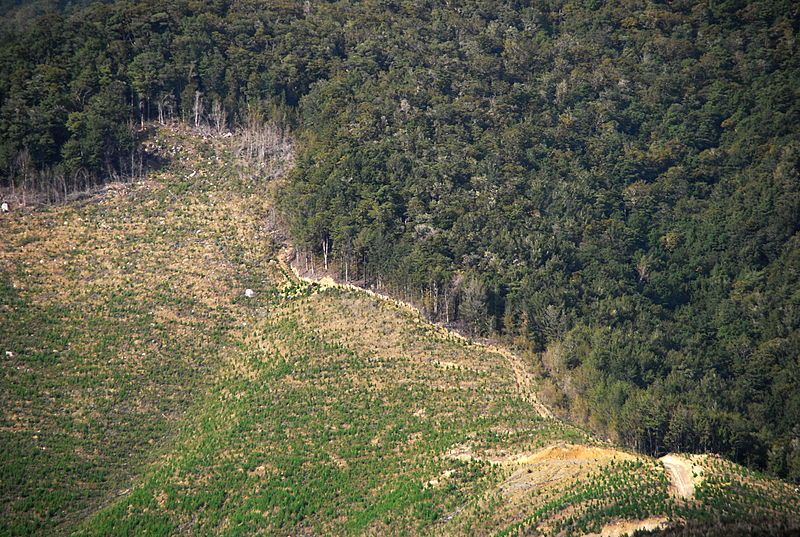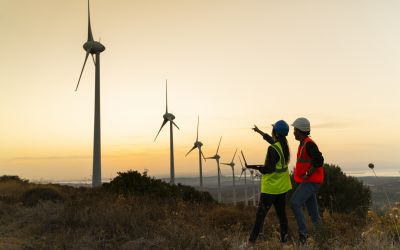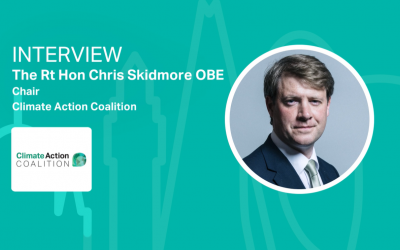€25 million support from EIB in the Althelia Climate Fund
European Investment Bank will support public-private fund and invest in tradable carbon assets

The European Investment Bank has agreed to participate in the in the Althelia Climate Fund, and will contribute up to €25 million to the public-private partnership that will help reduce greenhouse gas emissions.
The Althelia Climate Fund is a multi-Euro million investment fund that provides capital in order to generate optimal value from emerging new environmental assets including forest-based carbon, environmentally certified products and Payment for Ecosystem services. By investing in forest carbon and other socially and environmentally-orientated tradable carbon assets the fund will be able to generate an income stream from standing forests. Secondly the fund will increase the volume and quality of a range of environmentally friendly agricultural commodities mainly coming from Africa and Latin America.
Jonathan Taylor, European Investment Bank Vice-President responsible for environment projects said about the agreement. “The EIB is pleased to support the Althelia Climate Fund. Innovative investments of this sort will help to tackle deforestation and promote sustainable land use.”
Sylvain Goupille, Managing Director of Althelia Climate Fund GP added. EIB’s “commitment to the Althelia Climate Fund has been instrumental for the successful launch of this innovative public-private partnership that aims to deploy performance-based payment for ecosystem services in developing countries at scale.”
The contribution to the Althelia Fund is EIB’s first operation to support REDD+ (Reducing Emissions from Deforestation and Forest Degradation).
According to the press release, tropical forests around the world need to be protected as they disappear at a rate of about 13 million hectares per year. This has an impact not only at local level, but at international too. Tropical forests are home to much of the planet's biodiversity, and are major repositories of carbon.
In order for EU to meet its objective and limit climate change to 2°C above pre-industrial levels, the cut of global emissions by at least 50 per cent below 1990 levels by 2050 is absolutely necessary. Such a reduction can’t take place without substantial action to combat deforestation.


_400_250_s_c1.png)

_400_250_s_c1.png)
